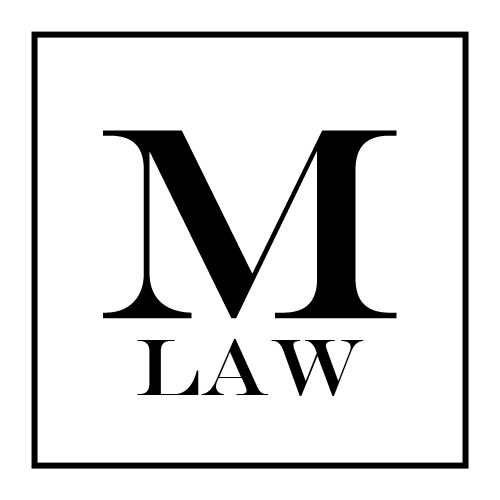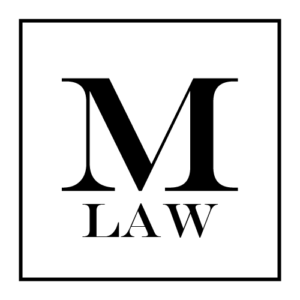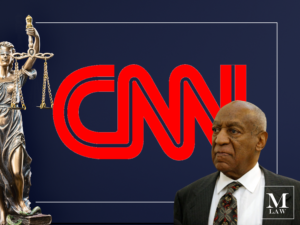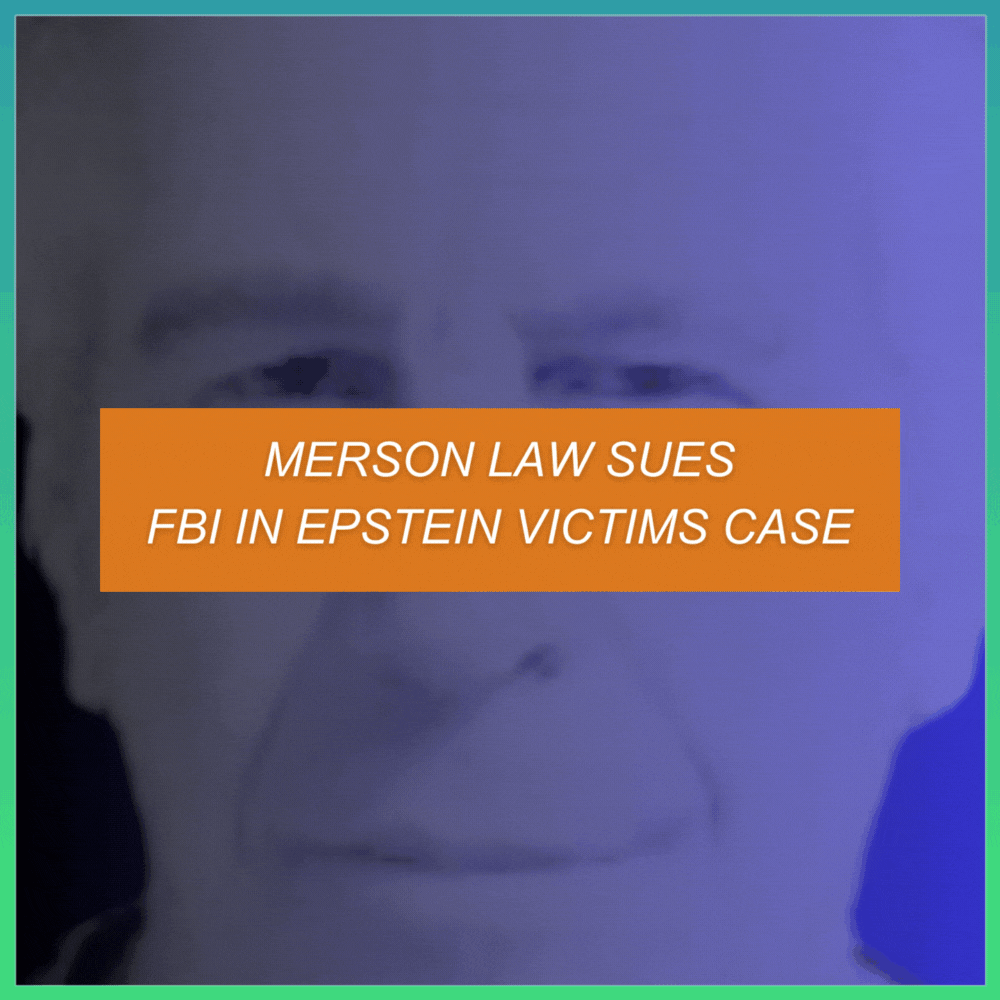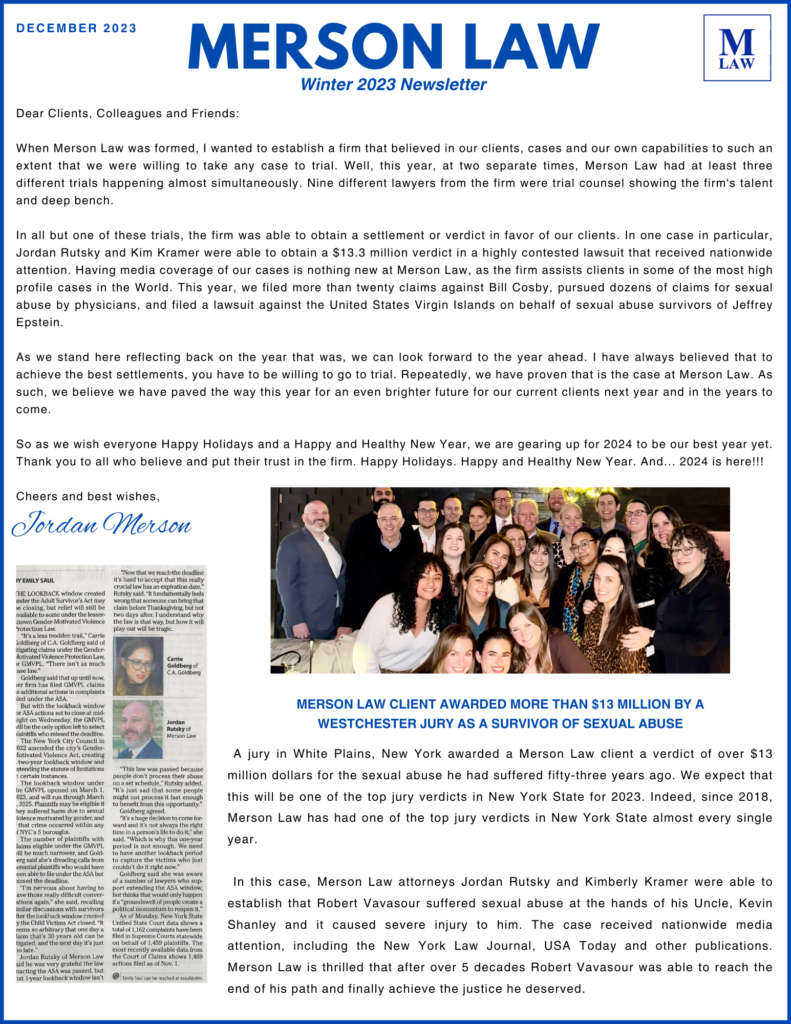Merson Law Review: VOL. II NO. 12 December 21, 2022
Editor in Chief: Steven E. North, Esq.
Case Editor: Emily C. Vaught, Esq.
1. A CASE OF FIRST IMPRESSION
MINORITY OF ALLEGED PERPETRATOR IS NOT A DEFENSE FOR INSTITUTIONAL DEFENDANTS IN A CVA ACTION
Anonymous v. Castagnola, 2022 NY Slip Op 06682 (2d Dept. Nov. 23, 2022) [linked here]
Background: The plaintiff commenced a Child Victims Act (“CVA”) action, alleging that she was sexually assaulted as a 14-year-old student by a fellow student in the same grade. The school defendants moved to dismiss, arguing that CPLR 214-g could not be used to revive the causes of action against them because the alleged perpetrator was a minor at the time the alleged acts of sexual abuse occurred and, therefore, could not have been held criminally liable for his conduct.
The court (Steven M. Jaeger, J.) denied the motion.
Holding: The appellate court affirmed, holding that CPLR 214-g permits the revival of the plaintiff’s causes of action against the school defendants for negligence and negligent hiring, retention, and supervision. The Court determined that the phrase “conduct which would constitute a sexual offense as defined in [Penal Law article 130]” as used in CPLR 214-g “refers to the conduct described in the enumerated provisions of the Penal Law and is not limited to those situations in which the conduct would subject the actor to criminal liability.” The Court further noted that while the defense of infancy may properly be used by the alleged perpetrator as to his intentional acts, the defense does not apply to the plaintiff’s causes of action against the school defendants ‘for their failure to protect her from the alleged acts of sexual assault.
Editors’ Note: In its holding, the Court went to great lengths to address the legislative intent in the passage of the CVA. Citing to S.H. v Diocese of Brooklyn, 205 A.D.3d 180 (2d Dept. 2022) [linked here] the Court explained: “This Court has described the legislative purpose behind the enactment of the CVA as being ‘to remedy the injustices to survivors of child sexual abuse by extending New York’s restrictive statutes of limitations that required most survivors to file civil actions or criminal charges long before they reported or came to terms with their abuse.’” The Court noted that, “[a]lthough the legislative history contains no express pronouncements regarding acts of sexual assault committed by infants or persons who could not otherwise be held criminally responsible for such conduct, the legislative history focuses on the harm to victims caused by childhood sexual abuse.” Therefore, the Court determined that the Legislature did not intend to limit revival pursuant to CPLR 214-g to only those claims and causes of action that are based on conditions suffered as a result of conduct for which the abuser could have been subject to criminal liability.
2. IN A MOTION TO RENEW, A PARTY MAY NOT PRESENT NEW FACTS THAT WERE AVAILABLE AT THE TIME OF THE INITIAL MOTION
Chris Grant Brohawk Films v. Digital Seven LLC, 2022 NY Slip Op 06635 (1st Dept. Nov. 22, 2022) [linked here]
Background: The trial court (Arlene P. Bluth, J.) granted the defendants’ motion to vacate a default judgment based upon a claim that the prior attorney had been incapacitated at the time when he had been scheduled to appear in court on behalf of the defendants. After the motion had been decided in favor of the defendants, plaintiff’s attorney uncovered proof that the prior attorney was not incapacitated at the time and in fact had appeared at a hearing. Consequently, plaintiff moved to renew the motion arguing that the prior attorney’s explanation for his failure to appear on behalf of defendants, on which Supreme Court relied upon to vacate the default, contain substantial misrepresentations and that these new facts were sufficient to warrant renewal. The trial court agreed and reinstated the default.
Holding: Notwithstanding the deception perpetrated on the trial court, the appellate court reversed, holding that the records presented by plaintiff’s attorney in the renewal argument were matters of public record that existed at the time when plaintiff submitted opposition to defendants’ vacatur motion. The court held that the plaintiff did not provide in the renewal motion a “reasonable justification for the failure to present such facts” in its opposition to the motion. Accordingly, the trial court erred when it granted the plaintiff’s motion for leave to renew.
Editors’ Note: Pursuant to CPLR 2221(e)(3), a motion for leave to renew “shall” (i.e. must) contain reasonable justification for the failure to present new facts not offered on the prior motion that would change the prior determination of that motion. As explained by the First Department in Foley v. Roche, 68 AD2d 558, 567 (1st Dept 1979) [linked here]: “A motion for reargument … is designed to afford a party an opportunity to establish that the court overlooked or misapprehended the relevant facts, or misapplied any controlling principle of law. Its purpose is not to serve as a vehicle to permit the unsuccessful party to argue once again the very questions previously decided.” (emphasis added).
3. PLAINTIFF’S EXPERT AFFIRMATION IN OPPOSITION TO SUMMARY JUDGMENT MOTION MUST ADDRESS ALL OF DEFENDANTS’ EXPERT’S POINTS
Camacho v. Pintauro, 2022 NY Slip Op 06743 (1st Dept. Nov. 29, 2022) [linked here]
Background: After the conclusion of discovery in this medical malpractice action the defendants moved for summary judgment or, in the alternative, to preclude plaintiff’s expert testimony on causation or to hold a Frye hearing. The plaintiff opposed with expert support. The court (Joseph E. Capella, J.) denied the motion.
Holding: The appellate court reversed, holding that the plaintiff’s expert failed to address or controvert many of the points made by defendants’ expert. In failing to address many of defendants’ arguments, the plaintiff failed to demonstrate the existence of triable issues of fact. Accordingly, the trial court should have granted the defendants’ motion for summary judgment.
Editors’ Notes:
(1) It is crucial that in opposition to a motion for summary judgment, attorneys review and address each and every point argued by the opposing expert. In doing so, they will limit the risk of inadvertently missing an argument posited by their adversary, which—as shown above—could very well cost them their case.
(2) A “Frye hearing”, derived from Frye v. United States, 293 F. 1013 (D.C. Cir. 1923) [linked here], is used to determine whether an expert’s techniques are generally accepted by the scientific community. While in New York, the Frye test remains the standard for expert witness admissibility, the test used by federal courts and many states is the “Daubert Standard” derived from the Supreme Court case, Daubert v. Merrell Dow Pharmaceuticals Inc., 509 U.S. 579 (1993) [linked here].
4. NEW YORK CITY – NO SPECIAL DUTY = NO LIABILITY
Polito v. Esorcia, 2022 NY Slip Op 06447 (1st Dept. Nov. 15, 2022) [linked here]
Background: The plaintiff sued the City of New York after a traffic officer—who was directing traffic and pedestrians at an intersection where plaintiff was crossing the street—negligently directed a vehicle at the intersection, causing the vehicle to hit her. The City moved to dismiss the complaint. The court (J. Machelle Sweeting, J.) denied the City’s motion.
Holding: The appellate court reversed, holding that neither the notice of claim nor the complaint alleged the factual predicate for the special relationship theory between the plaintiff and the City as required to hold the City liable for the plaintiff’s injuries based on a traffic officer’s negligence. The plaintiff further failed to allege that the traffic officer, in directing traffic, took control of “a known and dangerous safety condition” so as to set forth the existence of a special duty. While the officer created a dangerous condition in directing a car to hit the plaintiff, in order for there to be a special duty, the dangerous condition must exist prior to the assumption of any duty. Accordingly, the trial court erred in denying the City’s motion to dismiss.
Editors’ Note: In Ferreira v. City of Binghamton, 38 NY3d 298, 310 (2022) [linked here], the New York Court of Appeals reiterated that a special duty can arise in three situations: “(1) the plaintiff belonged to a class for whose benefit a statute was enacted; (2) the government entity voluntarily assumed a duty to the plaintiff beyond what was owed to the public generally; or (3) the municipality took positive control of a known and dangerous safety condition.” The Court explained that of the three situations, the second situation—assumption of a duty—is the most common. However, in order to establish a “special relationship” giving rise to an assumed duty, a plaintiff must show: “(1) an assumption by the municipality, through promises or actions, of an affirmative duty to act on behalf of the party who was injured; (2) knowledge on the part of the municipality’s agents that inaction could lead to harm; (3) some form of direct contact between the municipality’s agents and the injured party; and (4) that party’s justifiable reliance on the municipality’s affirmative undertaking.”
PRE-TRIAL DISCOVERY OF AN EXPERT’S COMPENSATION HISTORY TO BE USED FOR IMPEACHMENT AT TRIAL – AN APPELLATE SPLIT1
Whether records or documents containing information that would support a good cross examination of an expert are permitted and whether they may be obtained in discovery depends on which appellate department your trial court resides. There currently exists a split between the First and Second Department and the Third and Fourth Department as to the discoverability extent and admissibility of an expert’s compensation history.
In the Third and Fourth Departments, a party may properly seek documents pertaining to an expert’s compensation history during pre-trial discovery. The rationale behind this policy is so that parties may obtain evidentiary support going into a cross-examination of an opposing party’s expert. With documentary evidence detailing the expert’s compensation history, a party is in a better position to impeach the witness. In Loiselle v. Progressive Ins. Co., 190 A.D.3d 17 (3d Dept. 2020) [linked here] the plaintiff sought the 1099 forms issued by two of the defendant’s designated experts. The Loiselle Court held that such documents are discoverable as they “may reveal a financial incentive that the [designated experts] have in testifying [and such] incentive is a relevant consideration in ‘ascertain[ing] any possible bias or interest on the part of [the designated experts].’” Loiselle, 190 A.D.3d at 20 (quoting Porcha v. Binette, 155 A.D.3d 1676,1677 (4th Dept. 2017). Similarly, the Fourth Department in Porcha v. Binette, supra [linked here] the Court held that the plaintiff was entitled to the payment and billing records of a medical expert who was to offer opinion testimony at trial for the defendant as these records would assist the plaintiff in preparing questions for cross-examination concerning the expert’s “bias or interest.” Binette, 155 A.D.3d at 1677.
Conversely in the First and Second Departments, records or documents pertaining to an expert’s compensation history are not discoverable, even when sought for the purpose of preparing for a cross-examination. As held by the Second Department in Pernice v. Devora, 238 A.D.2d 558, 559 (2d Dept. 1997) [linked here], a party cannot seek an expert’s testifying compensation records, “simply for the purpose of gaining information to impeach the general credibility of [the expert].” Likewise, the First Department in Fazio v. Federal Express, 272 A.D.2d 259, 260 (1st Dept. 2000) [linked here] held that records sought “for the sole purpose of showing that an examining physician’s history of financial compensation indicates a defense-oriented predisposition — in other words, for the purpose of impeaching the witness’ general credibility — is improper.”
Which side of the split better aligns with the liberal disclosure standard of CPLR 3101(a) is up to the Court of Appeals to decide.
1Reference: Hutter, Michael J., Admissibility and Discoverability of An Expert’s Compensation History, NEW YORK LAW JOURNAL (Dec. 14, 2022)


